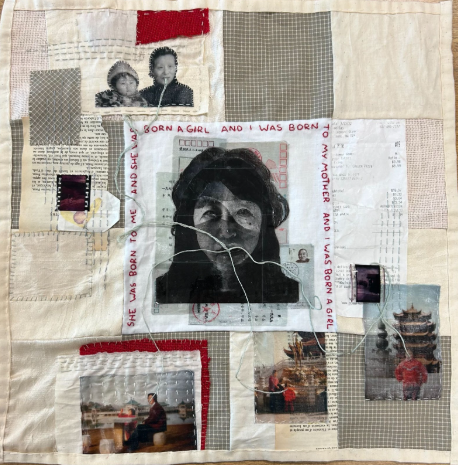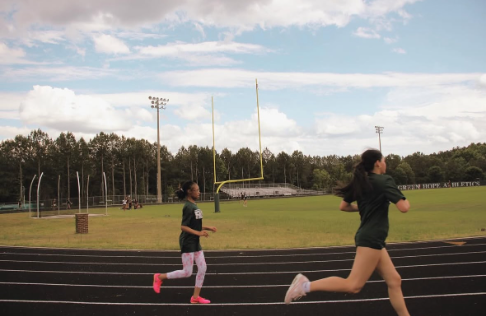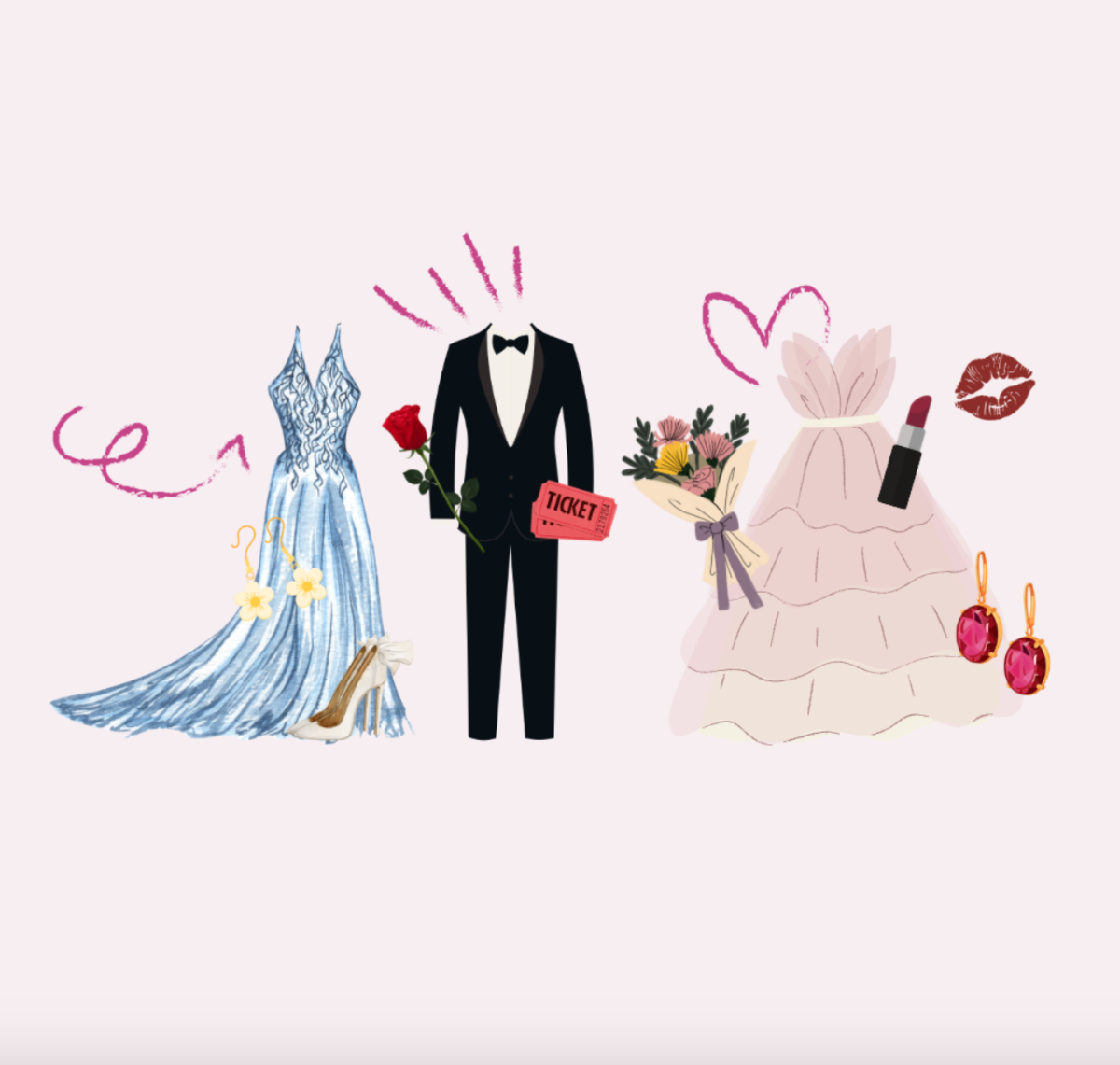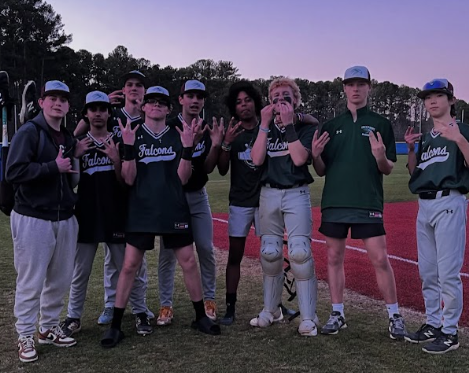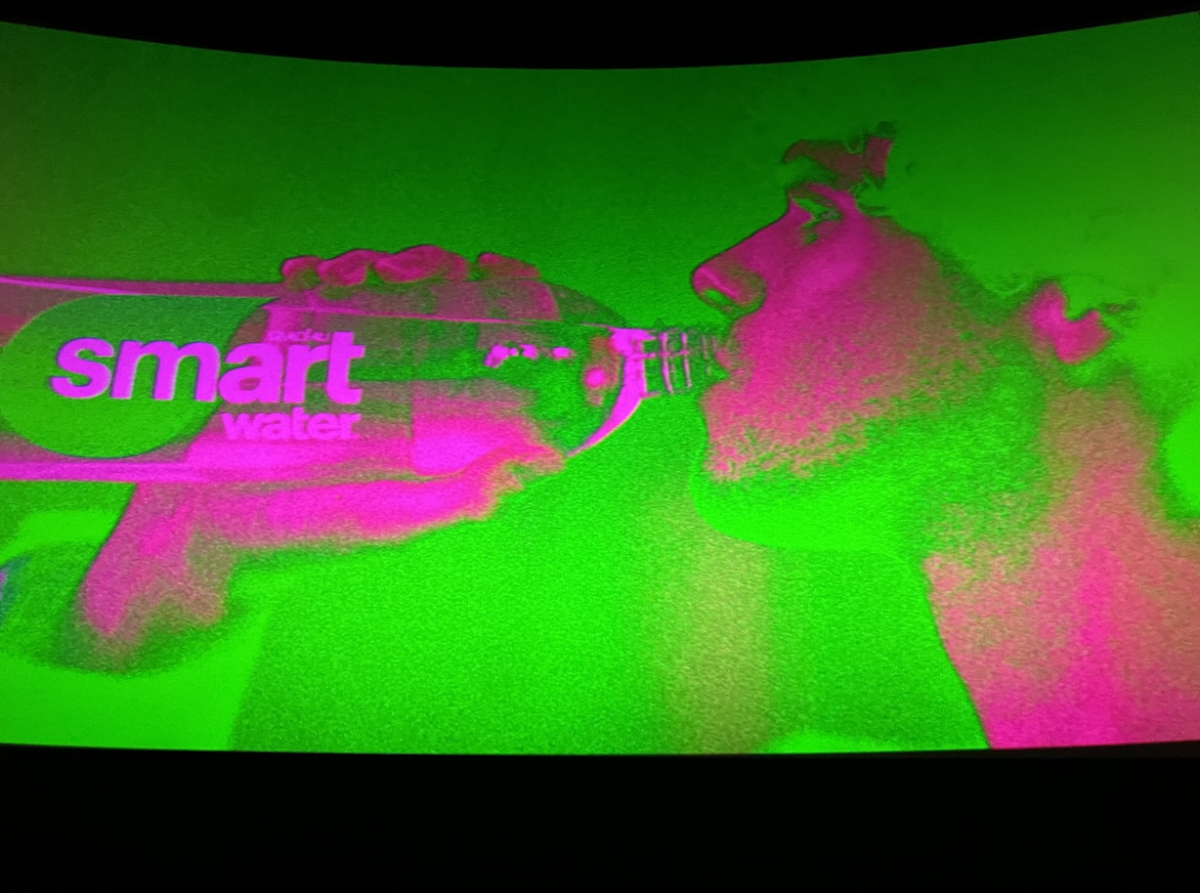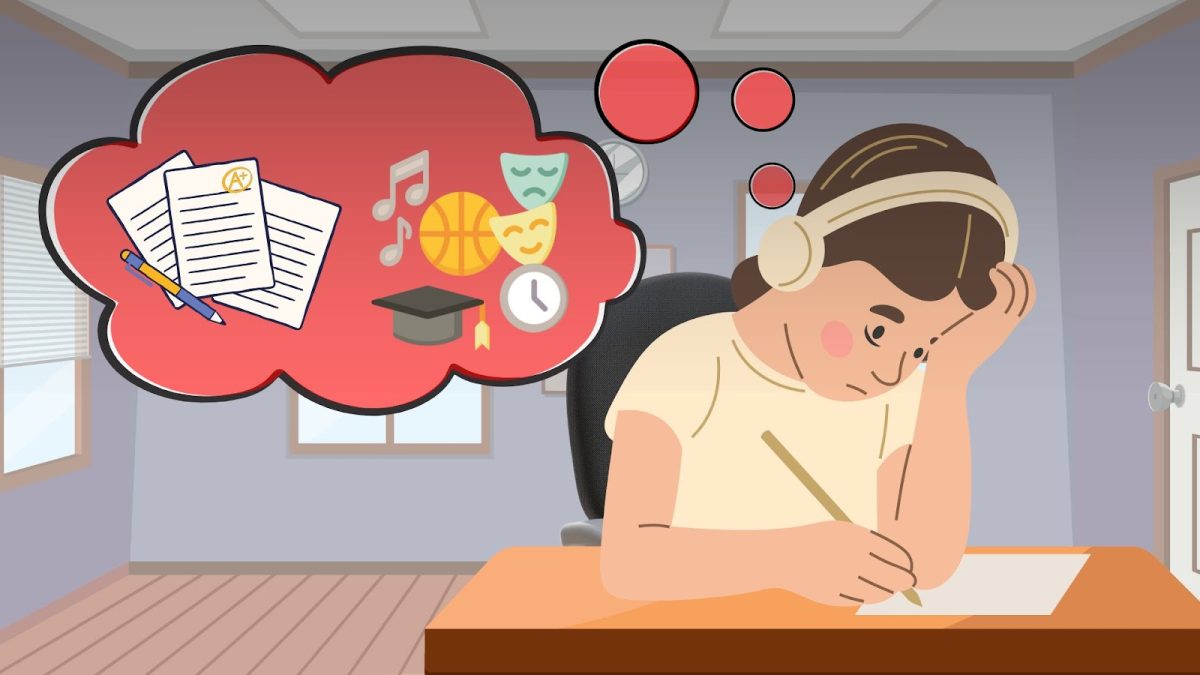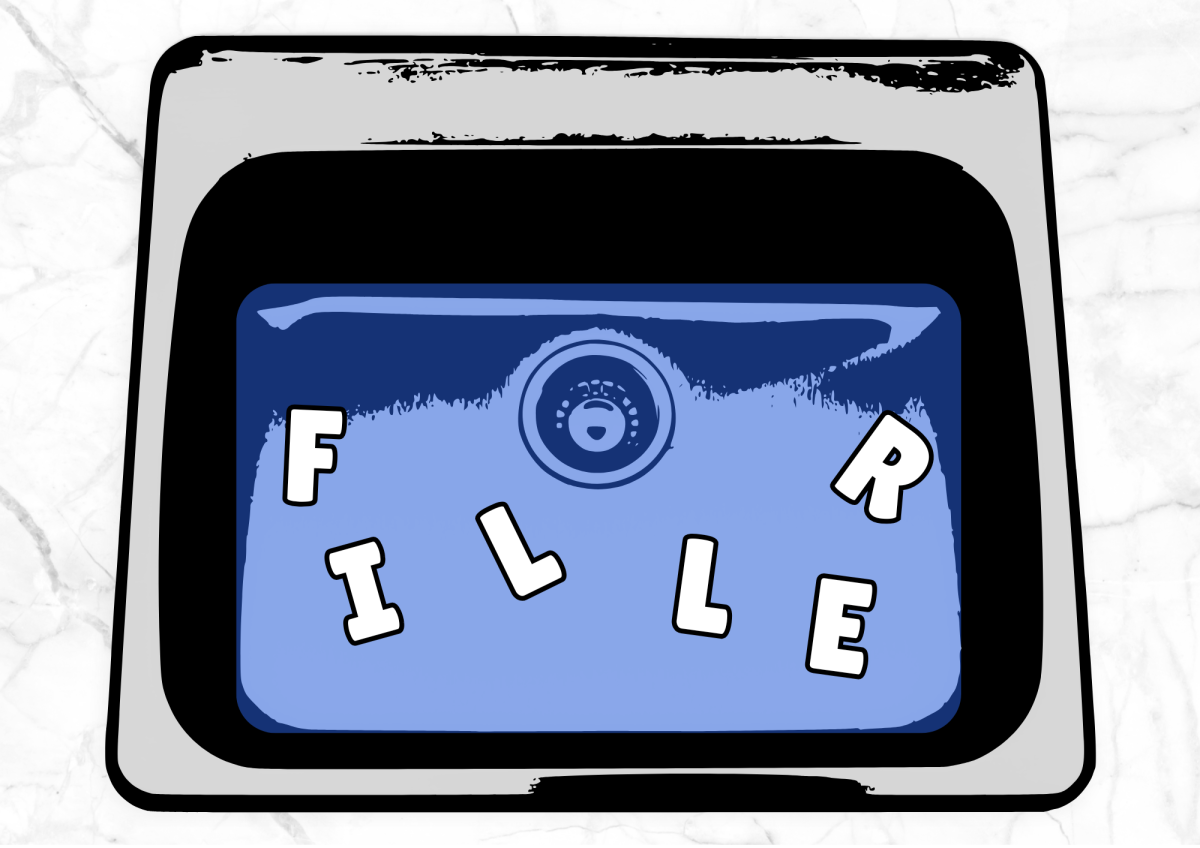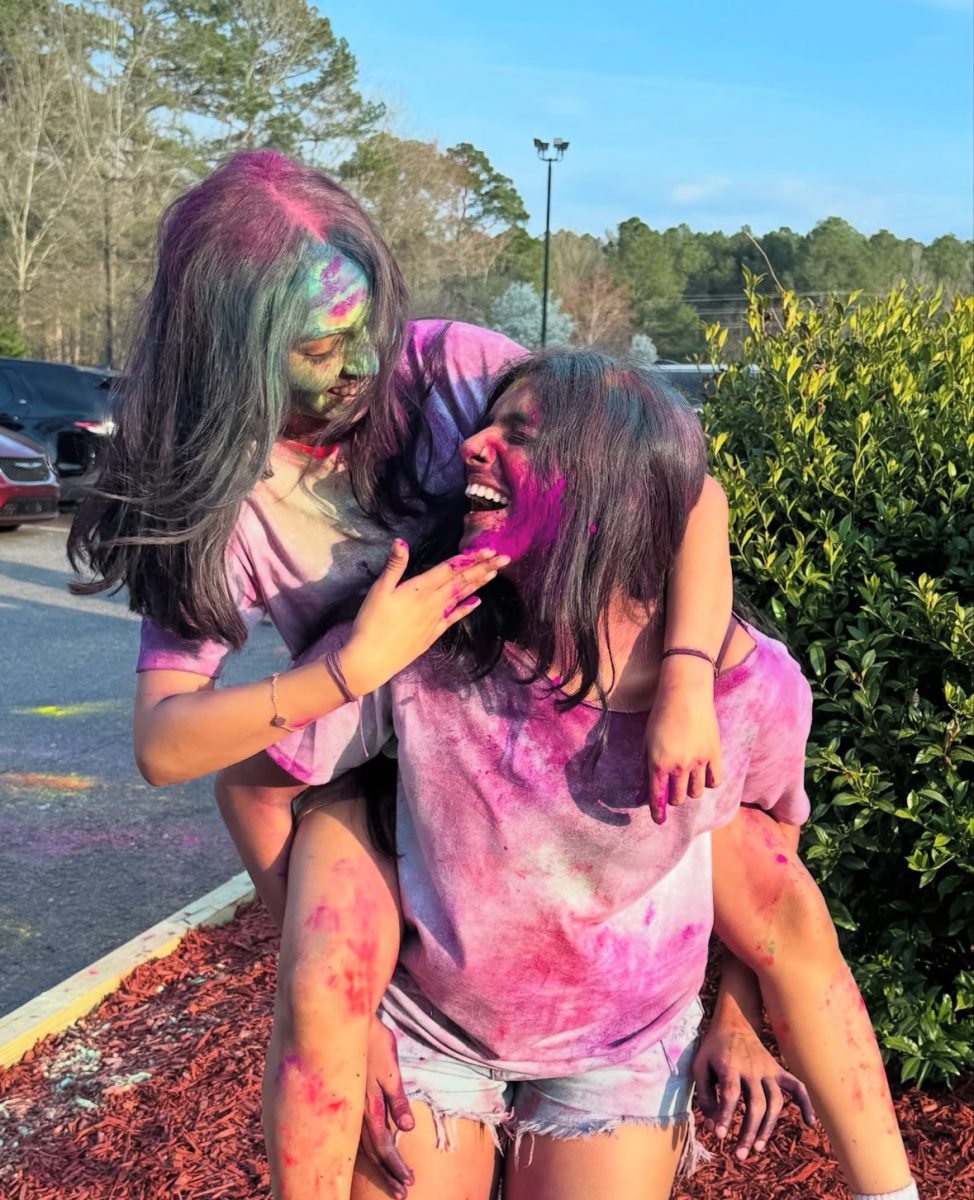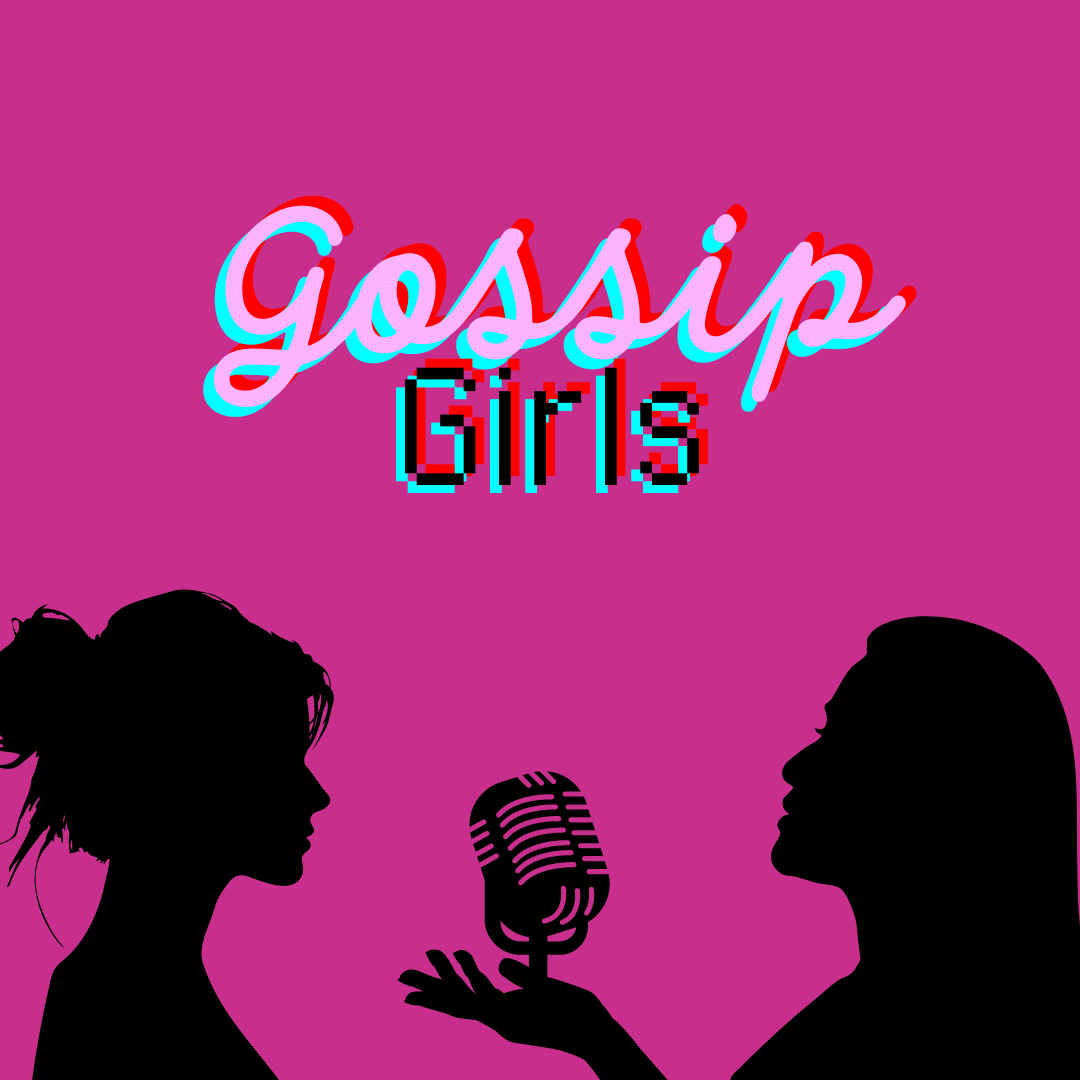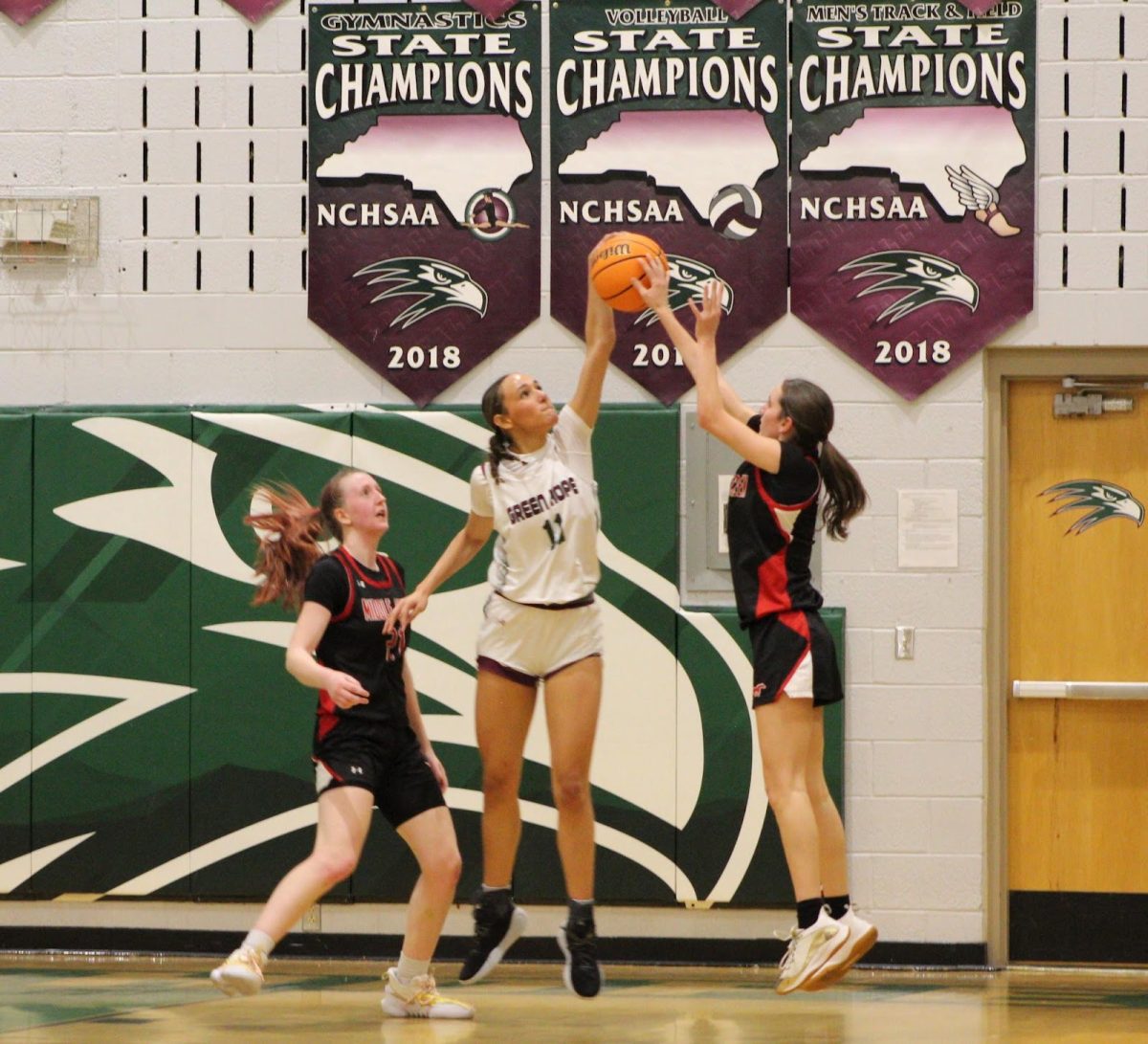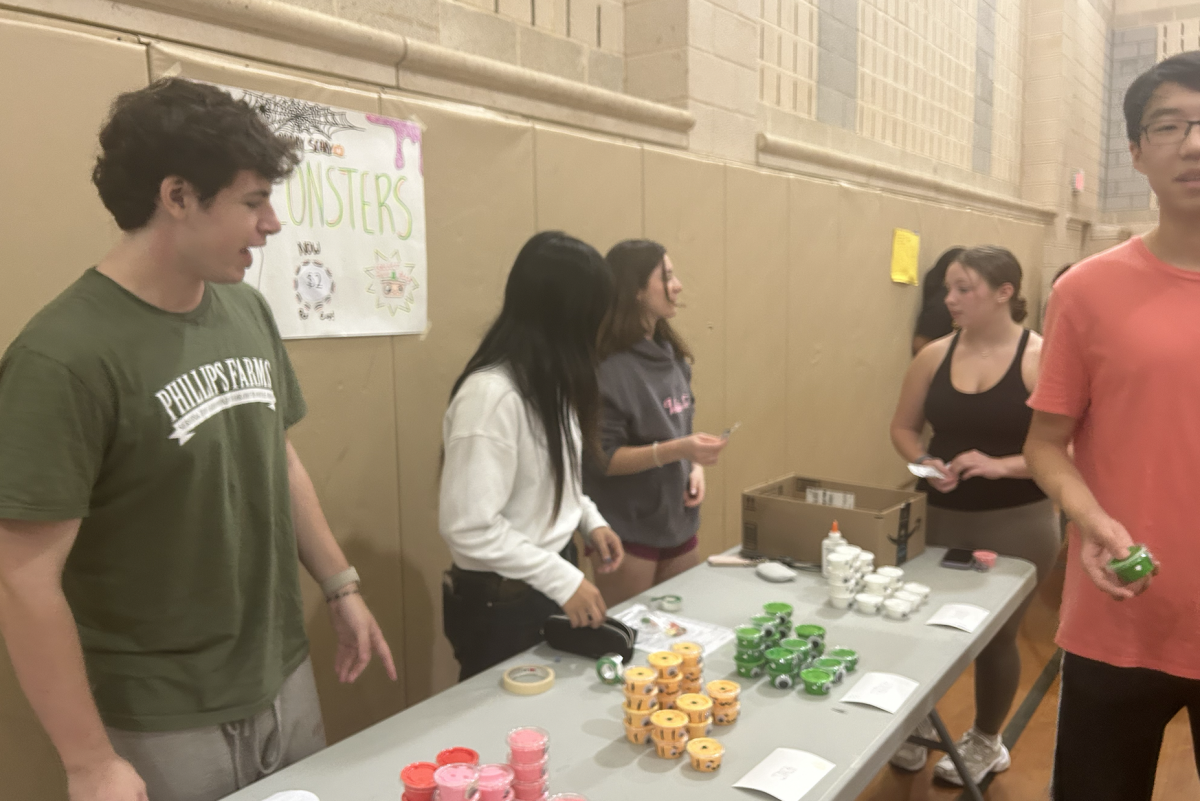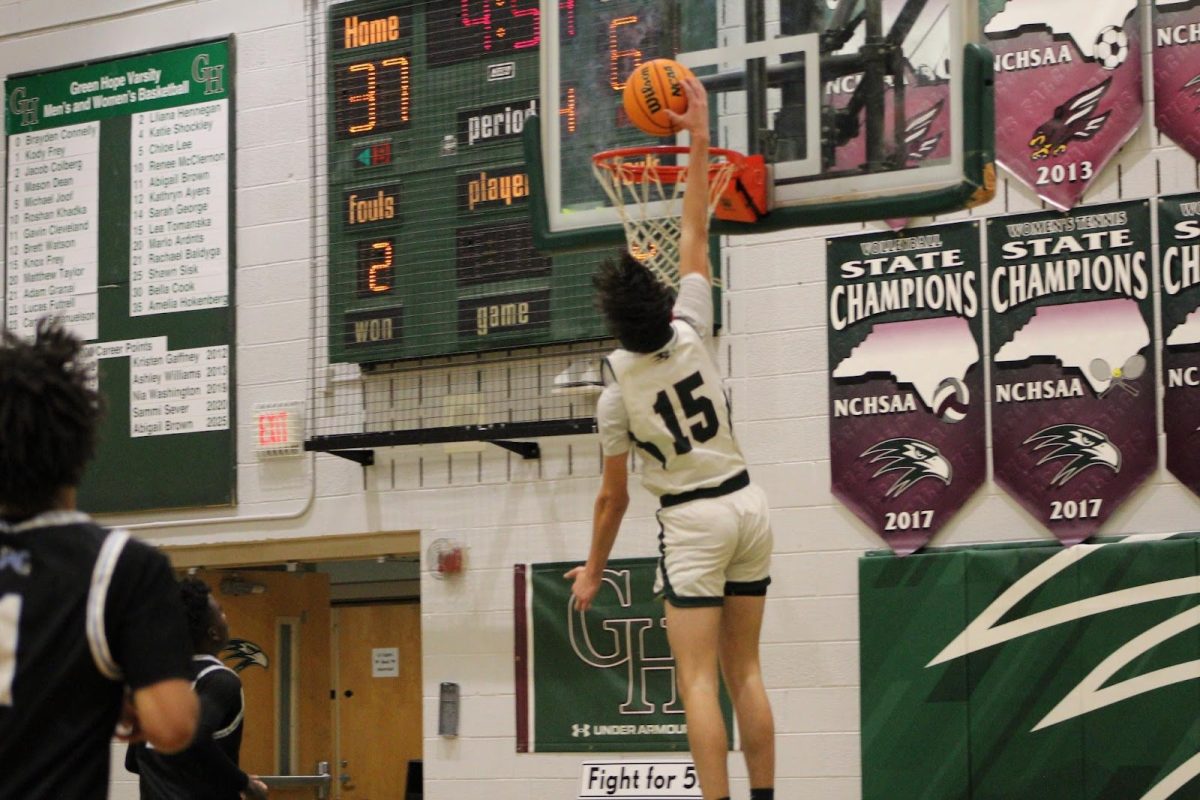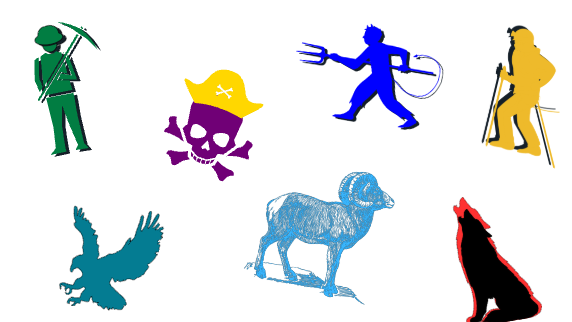‘Daisy Jones & the Six’ review: A disappointing streaming experience
The Amazon Prime mini-series only provides soap-opera clichès to tell a compelling story

Flawed writing, character development, and structure lead to an unpleasant viewing experience.
March 30, 2023
Amazon Prime Video’s new series, Daisy Jones & the Six, is just the ticket for lovers of the 1970s. Based off of the novel by Taylor Jenkins Reid and Fleetwood Mac’s stormy past, the show features a fledgling rock band coming to terms with the grips of stardom.
The mini-series attempts to showcase more than the classic drugs and sex scattered within rock n roll, hinting at the struggles of women, homesexual and African American artisits of the decade. The story covers the joining of The Six, with frontman Billy Dunne and successful songwriter Daisy Jones, taking the structure of interviewing the characters about the band’s glory days after years later for a documentary.
The show starts off rocky with the cliche musicians with a burning-passion-for-fame trope. The most interesting aspect of the show starting off is Daisy Jones, who is portrayed as a free-spirit who seeks to defy conventions she has been taught. Although some lines contain only a hint of cringe, the original, firecracker character that Reid wrote in her novel, who you can’t help but admire, shines through.
What makes Daisy Jones’ character interesting is that she refuses to be the muse; she yearns to write the music. This level of artistry is uncommon for many classic rock band inspired stories where every female leads are portrayed as groupies.
Billy Dunn, the male lead, is nowhere close to comparable to the female leads. The character himself didn’t have any other personality traits other than being arrogant and having daddy issues. Instead of serving as a twin flame to Daisy, his character was ultimately outshined. The subsistence developed in the book was simply not shown on screen.
The show makes many abrupt turns, with little foreshadowing and character development. It’s clear that the show attempted to hit many themes, but it did not execute this and only provided viewers with little depth. With shallow foreshadowing, besides being emotionally unhinged, both characters abruptly morph into addicts.
As the story continues, the show takes a narrower approach, focusing on Daisy, Billy and his wife, Camilla’s love triangle. Through this dynamic a deeper theme is brought out involving how love never looks a certain way, and while a certain path seems to be the right thing, it might still feel like a mistake. This ending could have been a lot stronger if it was developed from the beginning instead of being thrown in last minute.
The music was deeply disappointing. An entire soundtrack titled AURORA was released on all streaming platforms. There is heavy Fleetwood Mac inspiration for the soundtrack, but limited guitar solos. Each track is mediocre at best, except the bands supposed hit single “Regret Me.” It was clear they hired actors, not singers. Simone Jackson a side character who played Daisy’s best friend, seemed to be the only one with vocal talent, although she isn’t featured on the complete album.
One aspect that shines through by far is the costume design. All characters are shown in bell bottoms and button downs, Stevie Knicks-esque boots and flowy dresses and exquisite chain belts. The show even partnered with Free People and created their own clothing line based off of the iconic era.
This story had so much potential and extensive themes that were unfortunately taken over by soap opera dramatics. If you appreciate the 70s culture it’s worth the watch, though the characters are unrealistic and the music references are just a trap to lure viewers, but as an adaptation of the story it falls short. If you were expecting something resembling the film Almost Famous, reading the book over watching the series is highly suggested.



















